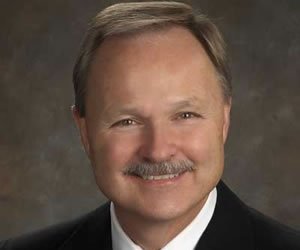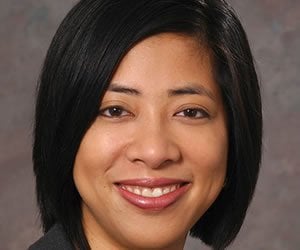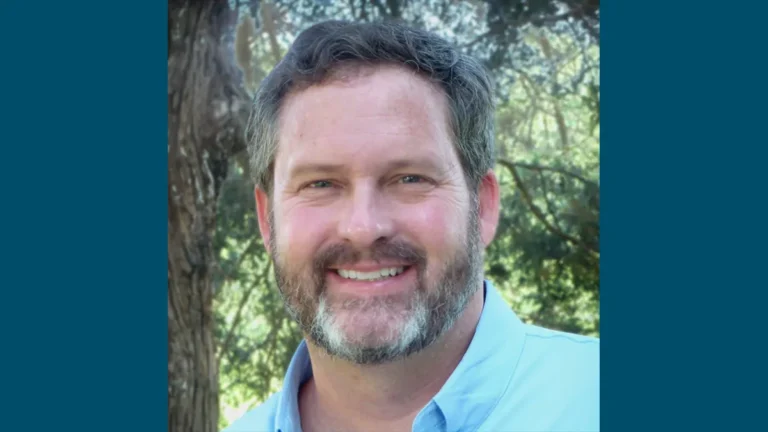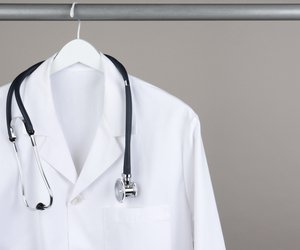
Finding the Joy in Medicine: A Conversation with Dr. David A. Fleming
Despite being the current President of the American College of Physicians (ACP), David A. Fleming, ... Read more
Written by: Suzanne Barston
Published on: December 22, 2014

Despite being the current President of the American College of Physicians (ACP), David A. Fleming, ... Read more
Written by: Suzanne Barston
Published on: December 22, 2014

Pre-medical students can – and should – take advantage of the many opportunities available to ... Read more
Written by: Anubodh “Sunny” Varshney
Published on: December 10, 2014

Kornelia Polyak shares her thoughts on the field of medical oncology and offers some advice for students.
Written by: Juliet Farmer
Published on: October 12, 2014

Avoid common business mistakes to make a smooth transition to private practice.
Written by: Kristen Gramigna
Published on: September 26, 2014

Improper use of an originally a good idea can lead to a medical system focused on group outcomes, not individuals.
Written by: John F. Hunt, MD
Published on: September 17, 2014

Jennifer H. Yang shares her thoughts on the field of urology and offers some advice for students.
Written by: Juliet Farmer
Published on: September 12, 2014

There is no simple solution to physician suicide, but it begins with awareness and discussion.
Written by: Megan Riddle
Published on: September 8, 2014

You never know when someone's well-being is going to depend on the skills you're learning.
Written by: Manik Aggarwal
Published on: August 27, 2014

A look at a day in the life of a third year student and what the clinical rotations experience entails.
Written by: Alex Cole
Published on: August 20, 2014

A look at a day in the life of a third year student and what the clinical rotations experience entails.
Written by: Alex Cole
Published on: August 18, 2014

Understanding the role of compensation models and their interplay with contract benefits, coverage and your personal life is crucial to successfully negotiating a compensation package post-residency.
Written by: Sidney Christiansen
Published on: July 7, 2014

Residents, don't forget where you came from when you're not a student anymore.
Written by: Lindsay Heuser
Published on: June 25, 2014

There are many long-term things to think about when choosing your first job after residency.
Written by: Tom Harbin
Published on: June 18, 2014

Rebecca Lubelczuk shares her thoughts on the field of correctional medicine and offers some advice for students.
Written by: Juliet Farmer
Published on: June 9, 2014

Many students avoid social media because of its risks without considering the benefits it can provide when used well.
Written by: Sam Scott
Published on: May 30, 2014

There are some experiences you can't prepare for by reading a textbook.
Written by: Ha Nguyen
Published on: May 28, 2014

Dr. John Hunt discusses his varied career as a pediatric asthma specialist, military physician, academic, novelist, and entrepreneur, and offers some advice for students.
Written by: Student Doctor Network
Published on: May 23, 2014

Clinical training is filled with hidden lessons that aren't found in any textbook.
Written by: Megan Riddle
Published on: May 19, 2014

Pay attention to details and avoid missteps to make your application stand out.
Written by: Brian Walcott
Published on: May 2, 2014